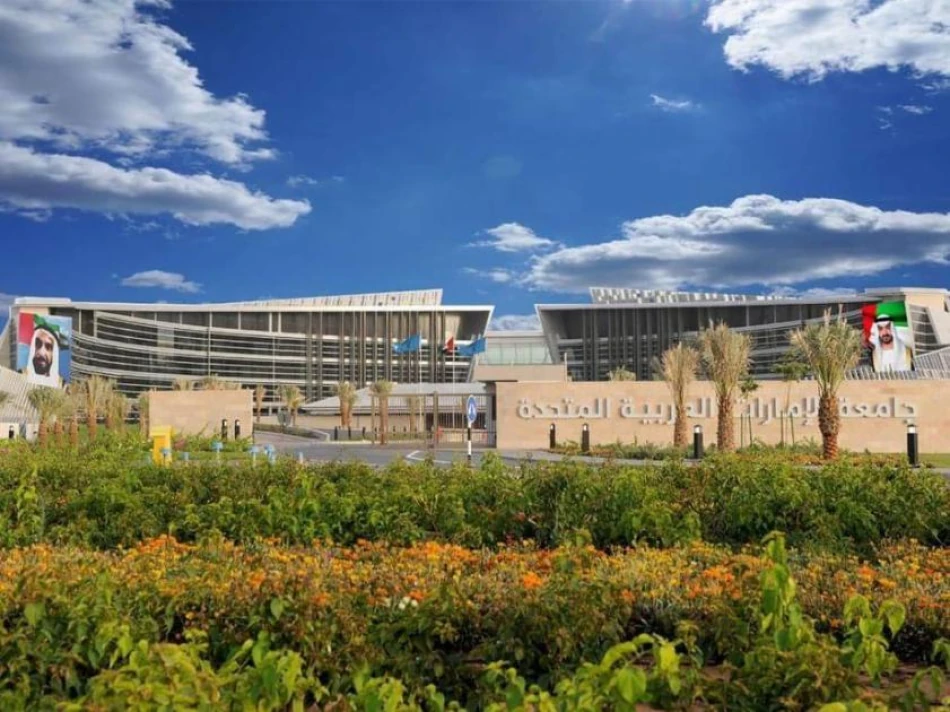
UAE University Launches Dynamic 'Employment Expo 2025' - Unlocking Future Job Opportunities
UAE University Launches Strategic Career Fair to Bridge Academic-Industry Gap
The United Arab Emirates University is positioning itself at the forefront of workforce development with its Career Fair 2025, scheduled for September 3-4. Under the theme "Your Path to the Future," the initiative represents a calculated effort to align graduate skills with evolving market demands, potentially setting a regional benchmark for university-industry collaboration in the Gulf.
Beyond Traditional Job Fairs: A Comprehensive Career Ecosystem
Dr. Suad Al Marzouki, Associate Vice President for Student Affairs, emphasized that the career fair aligns with the university's "University of the Future" vision, focusing on enhancing employment opportunities while serving broader community needs. This strategic positioning reflects a growing trend among Gulf universities to transform from traditional academic institutions into career-focused ecosystems.
The university's approach mirrors successful models in Singapore and Switzerland, where higher education institutions have become integral partners in national workforce planning. By integrating career development into its institutional identity, UAE University is responding to the UAE's broader economic diversification goals under Vision 2071.
Market-Driven Skills Development
Yaziya Al Dhaheri, Director of the Career Center and Alumni Affairs, outlined the fair's dual function: facilitating direct communication between graduates and participating organizations while helping current students align their academic choices with market realities. This data-driven approach to career guidance addresses a critical gap in many emerging economies where academic programs often lag behind industry needs.
Professional Readiness Week: Tactical Preparation
The accompanying "Professional Readiness Week" offers practical workshops on resume writing, interview skills, and market-relevant competencies. This comprehensive preparation model suggests the university recognizes that technical knowledge alone is insufficient for career success in today's competitive landscape.
Regional Implications for Higher Education
The timing and scope of this initiative reflect broader regional trends. As Gulf states accelerate economic diversification away from oil dependency, universities are under increasing pressure to produce job-ready graduates. The UAE's focus on sectors like technology, renewable energy, and advanced manufacturing requires educational institutions to anticipate skill demands rather than simply respond to them.
Investment Perspective: Human Capital Development
For investors and policymakers, such initiatives signal a maturing approach to human capital development in the region. Countries that successfully align educational outcomes with economic needs typically see stronger returns on education investments and improved competitiveness in knowledge-based industries.
The university's emphasis on international market readiness also positions UAE graduates to compete globally, potentially reducing brain drain while attracting foreign investment in sectors requiring skilled local talent.
Measuring Success Beyond Placement Rates
The true test of this initiative will be its ability to create sustainable feedback loops between industry needs and academic programming. Universities that excel in this area typically see improved graduate employment rates, higher starting salaries, and stronger industry partnerships that benefit both students and the broader economy.
Most Viewed News

 Omar Rahman
Omar Rahman






